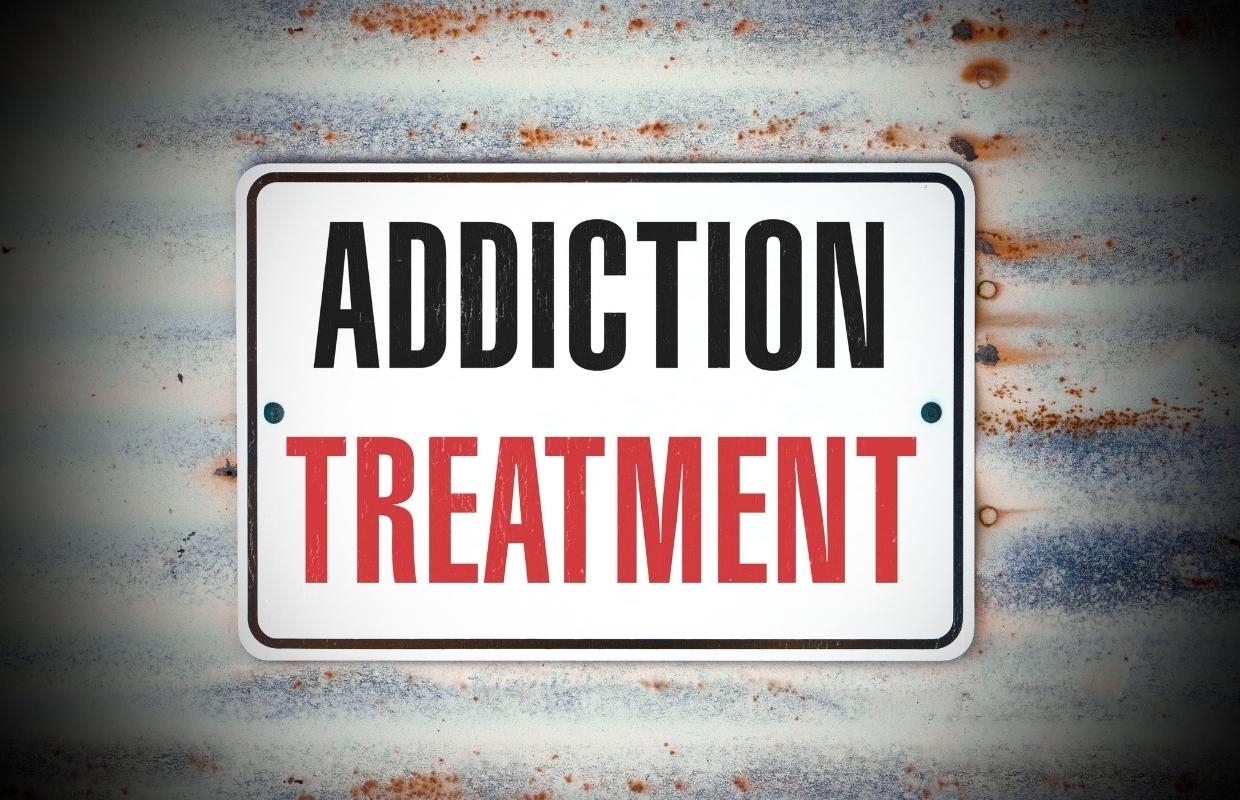Cognitive-focused Cognitive Behavioral Therapy (CBT) is a key component of many therapy sessions.
Comprehensive Addiction Treatment Options: An Overview to Alcoholism Recuperation and the Role of CBT
In the realm of alcohol dependency recovery, the adoption of Cognitive Behavior Treatment (CBT) alongside conventional detox and rehabilitation techniques has actually marked a significant evolution in therapy standards. By furnishing people with devices to reshape maladaptive thoughts and reactions, CBT improves the effectiveness of their healing journey.
Exploring the Range of Alcohol Addiction Treatments

The Scientific Research and Performance of Cognitive Behavior Modification in Dependency Healing
Among the various restorative approaches for alcohol dependency recuperation, Cognitive Behavior Therapy (CBT) stands out due to its well-documented performance. CBT runs on the concept that maladaptive habits and thoughts add to the maintenance of dependency. CBT's flexibility makes it ideal for a varied array of individuals, additionally validating its read review role additional reading as a cornerstone in addiction treatment approaches.
Incorporating CBT With Various Other Recuperation Approaches for Optimum Results
While Cognitive Behavior Modification (CBT) verifies very reliable in treating dependency, incorporating it with other healing methods can improve treatment end results. Incorporating CBT with pharmacotherapy, for instance, addresses both psychological behaviors and physical requirements, providing a much more all natural method. Medicines can manage withdrawal signs and symptoms and yearnings, permitting CBT to focus even more intensively on dealing strategies and behavioral adjustment. In addition, integrating peer support groups with CBT motivates sharing experiences and good understanding, which boosts psychological strength and recovery commitment. Family members therapy can also enhance CBT by enhancing interaction and repairing connections impacted by dependency. These integrative methods not just reinforce the person's capability to avoid alcohol however additionally boost total mental wellness and well-being.

Conclusion
Finally, extensive dependency therapy for alcohol recovery involves a diverse strategy that integrates clinical, emotional, and holistic methods (alcohol addiction treatment). Cognitive Behavior Therapy (CBT) stands apart as a vital element, considerably what helps ease withdrawal symptoms enhancing the efficacy of recuperation by addressing detrimental thought patterns and behaviors. By integrating CBT with various other restorative methods, people are provided a durable support system, boosting their possibilities of sustained healing and advertising general psychological strength within a nurturing community atmosphere